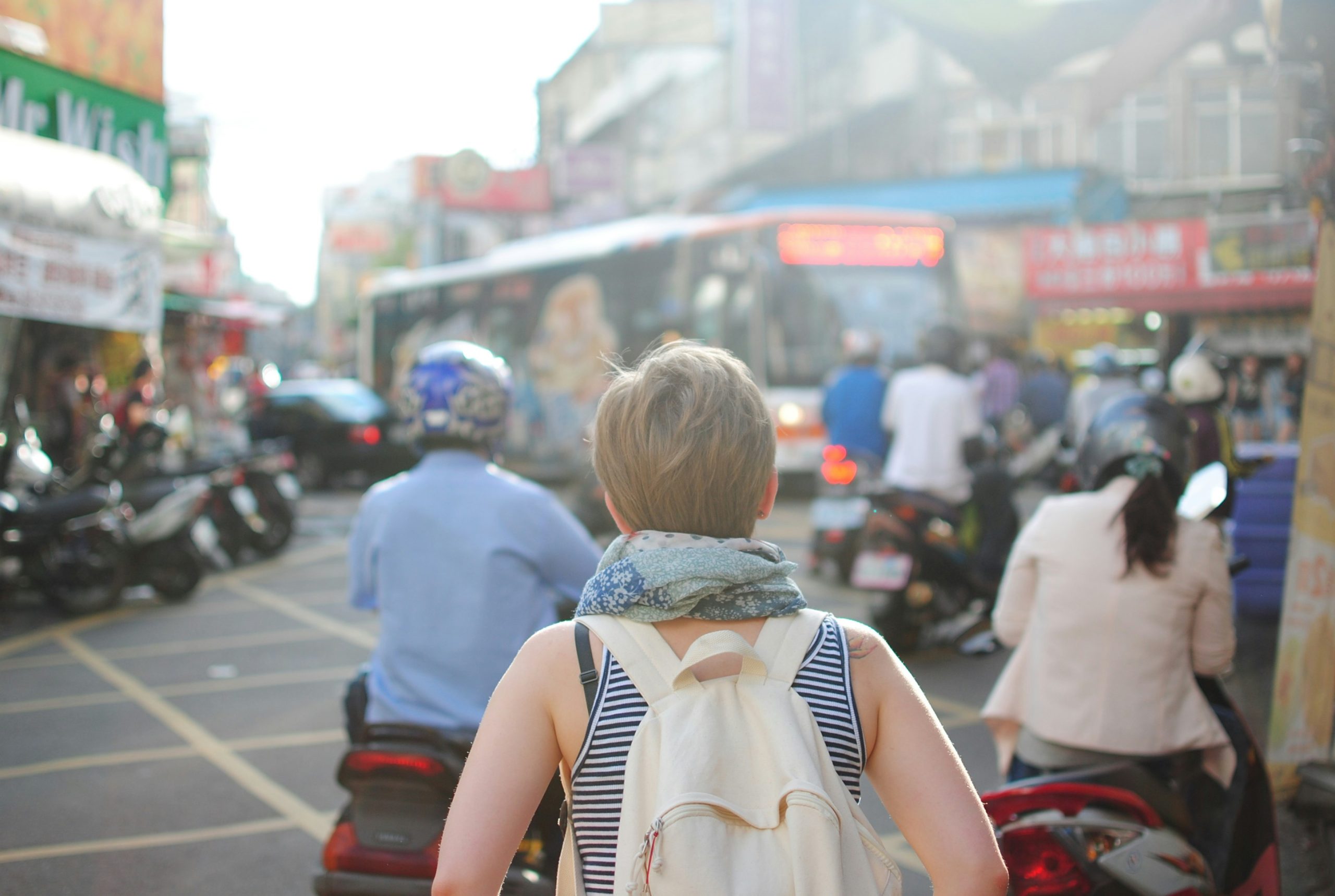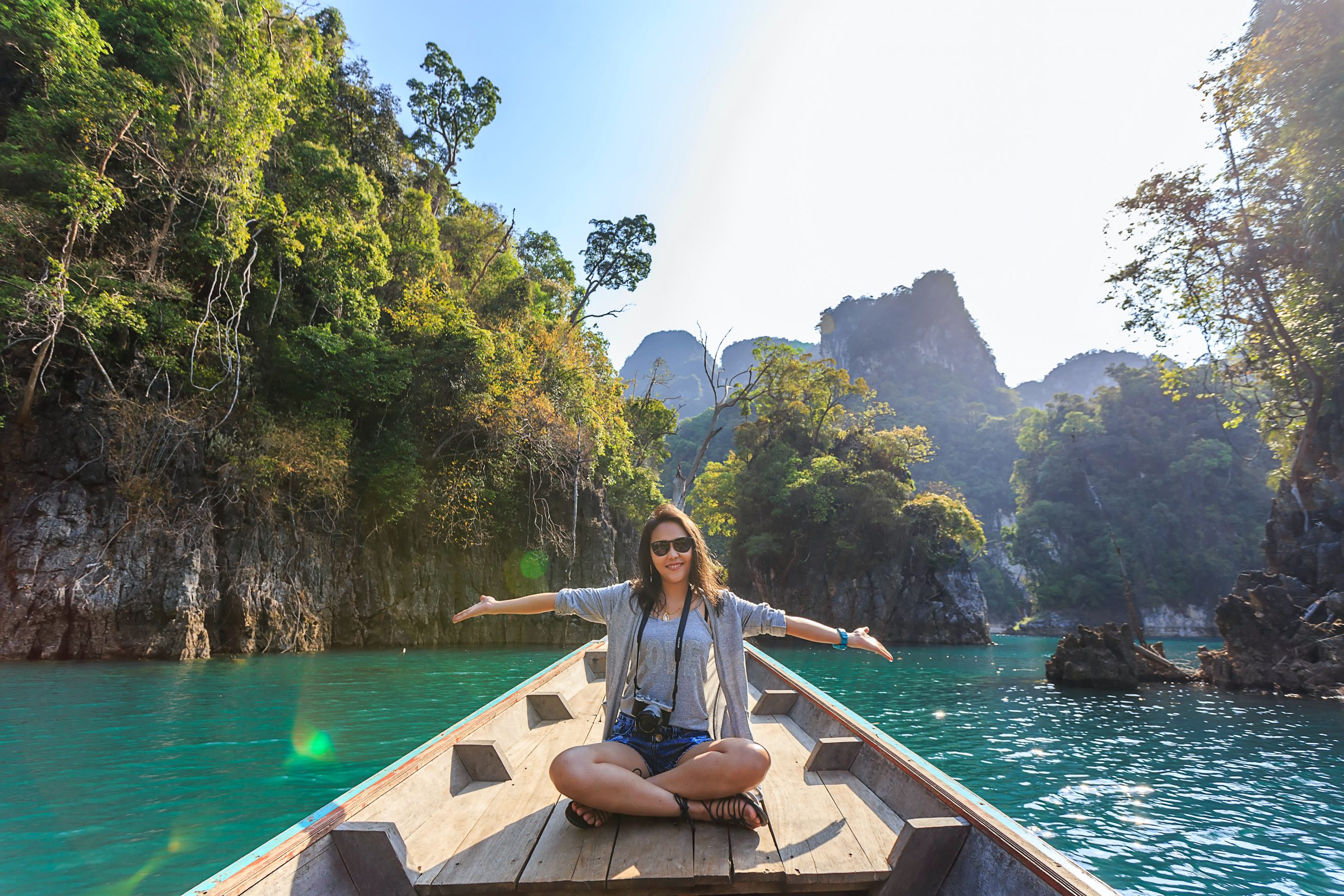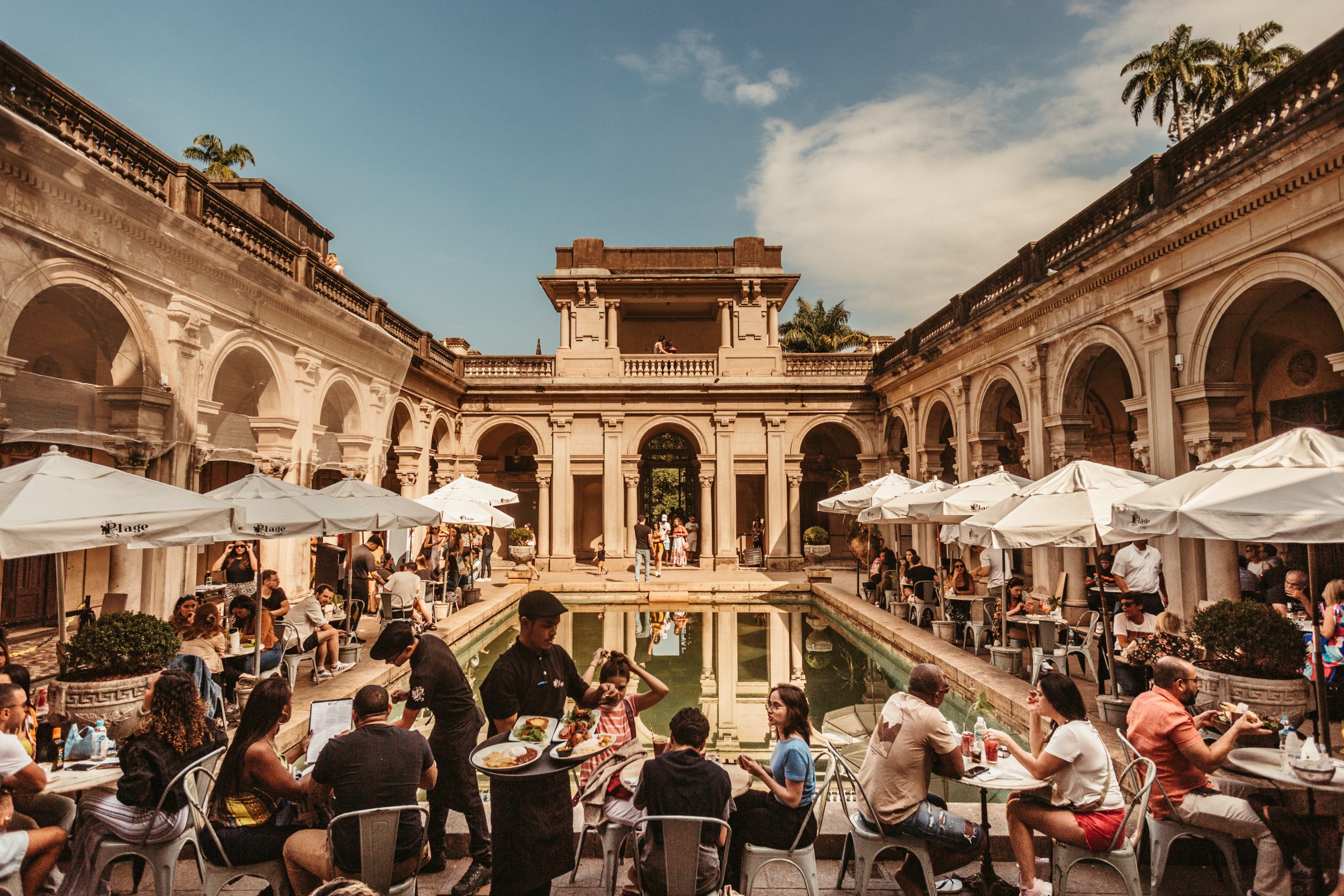Travel Trends 2024
The world of tourism is like a canvas constantly evolving, with each passing year bringing new strokes of experiences and destinations. After dissecting the travel trends unveiled by Amadeus, a leader in the travel industry, this article takes pleasure in highlighting the trends that will shape the tourism landscape in 2024. Generative Artificial Intelligence (GAI) at the heart of the travel experience Generative Artificial Intelligence (GAI) is gaining ground in the tourism sector in 2024, translating into more personalized and efficient travel experiences. Instead of relying on filters on search sites, travelers can now interact with GAI-based chatbots, such as Expedia's new ChatGPT plugin. Acting as a virtual travel assistant, it provides instant hotel recommendations and itineraries with links for booking. This evolution in travel planning offers a more intuitive and personalized experience for consumers. The rise of music tourism After the social isolation of the pandemic, music has become a powerful medium of connection. Music tourism is experiencing a surge, with artists like Coldplay and Taylor Swift leading the charge. The connection between musical events and the increase in flight searches and bookings is evident. For example, Coldplay's announced concerts in Romania and Greece for 2024 had a significant impact on flight searches
The influence of social media on the choice of tourist destinations
Recognizing the undeniable role of social media in shaping our travel plans is as evident as acknowledging that the sun is always shining. In the interconnected world we live in, it has become natural to turn to these digital platforms in search of inspiration, recommendations, and a glimpse into the experiences of other travelers. However, the real extent of social media's impact on our travel decisions remains a fascinating and enigmatic topic. While it's no secret that social media plays a significant role in vacation itinerary planning, the true magnitude of its influence remains a captivating mystery waiting to be unraveled. According to a Morning Consult report, 92% of Generation Z users in the United States use social media, with 54% of them spending at least four hours a day on these platforms. Furthermore, Gen Zers stated that they spend more time interacting with their peers per week, on average, through video games (65%) than in school (64%) or at work (51%). These numbers highlight the omnipresence of social media in the daily lives of young people, and this reality directly impacts their travel decisions. A fascinating example of social media's influence on the choice of tourist destinations can be observed in the
Luxury Experiential Tourism: Enriching Journeys Beyond Conventional Travel
As the tourism industry evolves, a space has opened up for those travelers who seek more than just ordinary vacations. But what drives them to search for experiences that go beyond the conventional and immerse themselves in a world of opulence and meaning? In recent years, luxury tourism has experienced exponential growth. According to a report by Allied Market Research, between 2016 and 2022, this segment had a compound annual growth rate (CAGR) of 6.4%. But what's even more impressive is that over the past five years, its growth has outpaced that of the overall tourism industry, with an average increase of 48%. This data reveals a growing demand for experiences that offer exclusivity, personalization, and an unmatched level of luxury. On the other hand, according to the report "Luxury Tourism in Spain 2015" by The Ostelea School of Tourism and Hospitality, key criteria for luxury travelers include the degree of luxury in accommodations, with 46.4% of travelers considering it the most important aspect; transportation in business or first class, mentioned by 18.1%; and the exclusivity of the activities carried out, mentioned by 17.3% of respondents. In this context, iconic destinations have become havens for those seeking enriching experiences. For example, Bhutan, known



